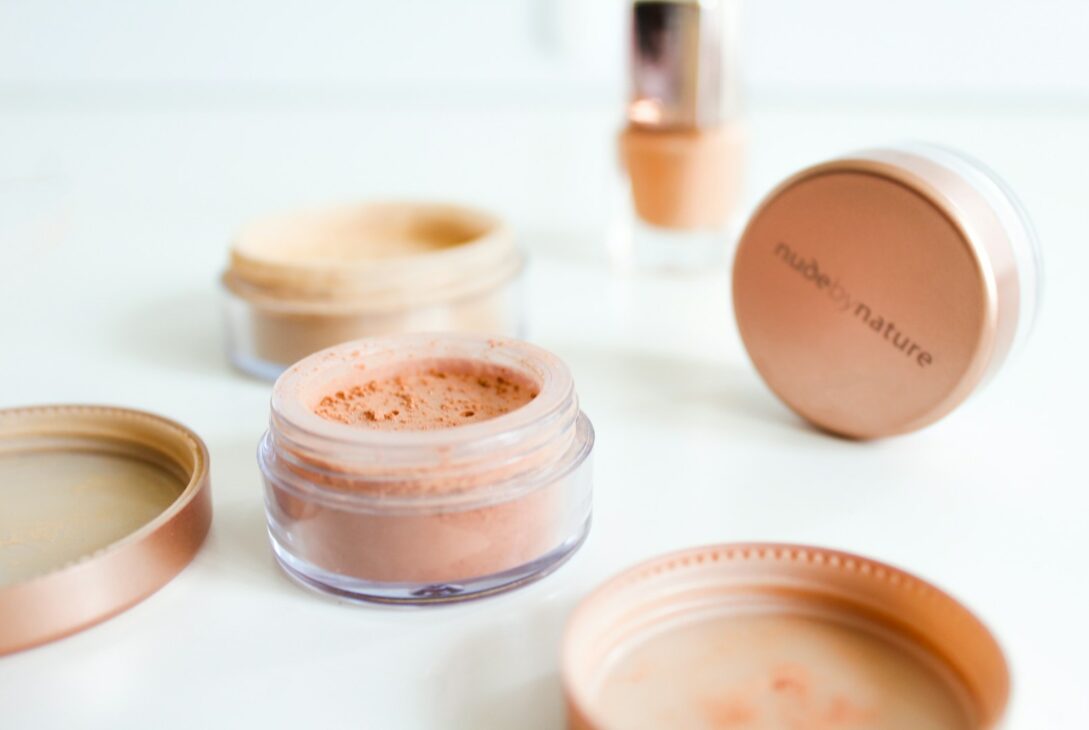We consider everyday bathroom rituals safe and taken for granted. Yet they hide pitfalls that can quietly harm our skin, hair and overall health. Here are five of the most common cosmetic habits that, according to experts and my own experience, are worth re-evaluating before negative consequences appear.
Introduction: The hidden danger of cosmetics
The cosmetics industry is a huge business that convinces us every day that we have to do more and more often for beauty. But it is the frequency, combination and correct order of products that decide whether we help ourselves or hurt ourselves instead. Dermatologist MUDr. Eva Štíbrová confirms that **up to 30% of her female patients come in with skin problems directly caused by harsh habits**. Which ones are they and how can we avoid them?
Common habits that harm
1. Over-cleansing the skin with brushes and scrubs
When a mechanical scrub, a sonic brush and an acid cleanser are combined, the skin loses its protective hydrolipid film. The result is redness, dehydration and, paradoxically, increased oil production.
2. Daily use of dry shampoo
It is meant to save a “bad hair day,” but excessive starches and alcohol clog the hair follicles. Dermatologists link frequent use of dry shampoos to dandruff and, in extreme cases, hair thinning.
3. Repeated application of menthol lip balm
The cooling sensation is addictive, but menthol and camphor dry the lips over time. A vicious cycle arises: the more balm you use, the drier your lips become.
4. Sharing cosmetics and brushes
Friends, daughters, partners—bacteria don’t discriminate. Makeup brushes and mascaras are ideal breeding grounds for staphylococci and fungi. The result? Conjunctivitis and acne in places you’ve never had it.
5. Too much perfume on sun-exposed skin
Citrus and floral essential oils in perfumes react with UV radiation and can trigger photoallergic reactions, dark spots or even chemical burns.
How I discovered their impact
When a dermatologist diagnosed me with perioral dermatitis last October, I was shocked. I had been using only “quality” cosmetics and removing makeup thoroughly. Yet that thoroughness turned into obsession: sonic brush in the morning, AHA peel at night, occasional enzymatic scrub in between. Research in the Journal of Dermatology revealed that over-exfoliation increases transepidermal water loss by up to 45%.
I also used dry shampoo daily for two months. My hair looked fresh, but mild itching on the crown escalated into painful bumps. A trichologist confirmed folliculitis.
The breakthrough came when I decided to keep a cosmetic diary. I logged products, application times and skin reactions in a spreadsheet. After three weeks, patterns emerged: itching always followed dry shampoo, cracks followed menthol balm. Statistics clearly exposed the culprits.
Alternatives and changes in care
Once I identified the harmful habits, I looked for safer alternatives:
- Gentle cleansing – I swapped the sonic brush for a mild sulfate-free cleansing milk, limiting peeling to once a week with PHA acids.
- Dry shampoo only in emergencies – plus a scalp scrub every 14 days to remove styling residue.
- Menthol-free balm – I chose a stick with lanolin and ceramides, applied only 2–3 times a day.
- Brush hygiene – I wash brushes with antibacterial soap every seven days, never share mascara and replace it every three months.
- Perfume on clothing, not skin – I spray my favorite scent on my hair or a scarf, minimizing sun exposure.
Personal experience and recommendations
After six weeks of the new routine, my skin calmed down, dermatitis subsided and my hair strengthened. What surprised me most was that **fewer products mean better results**. Limiting social media also helped mentally, where ten-step skincare routines are often presented as the norm. Together with my dermatologist I created a simple plan:
- Morning: gentle cleanse, hydrating serum, SPF 50.
- Evening: cleansing oil, cleansing cream, 0.3% retinoid every other night, ceramide cream.
- Once a week: PHA peel, niacinamide mask.
I recommend every reader audit her bathroom: check ingredients, expiration dates and frequency of use. If you’re unsure whether a product is harming you, try a 14-day break. Your body will tell you.
Conclusion: Care that benefits health
Beauty should never cost irritated skin, thinning hair or dark spots. These five seemingly innocent habits are only the tip of the iceberg, but eliminating them is a big step toward healthier, more resilient beauty. Listen to your body, experiment with alternatives and seek professional help if problems arise. Only when our care truly benefits our health can we fully enjoy its main goal—feeling confident and comfortable in our own skin.


